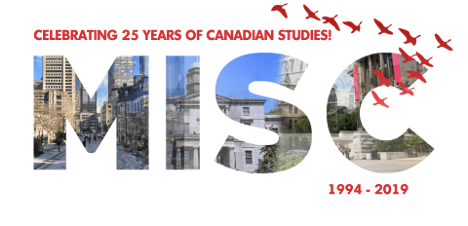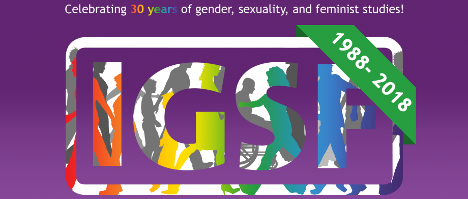In 1971, under Principal Robert Bell, McGill celebrated its 150th Anniversary, making the Faculty of Arts 128 years old. The Faculty celebrated with several events, including a Sesquicentennial Drama Production entitled “A Regency Playbill of 1821,” consisting of three plays performed in Montreal during the year of McGill’s founding, a lecture series, and a range of open house events showcasing the strengths of the Faculty.
But this year also represented another important milestone: the Faculty of Arts and Science separated, forming the Faculty of Arts and Faculty of Science as we know them today. Despite the split, the two faculties remain connected, with undergraduate students having the option to pursue a Bachelor of Arts and Science to this day. This period represents one of tremendous growth for the Faculty, with many enriching, innovative, and interdisciplinary programs, schools, and institutes catering for diverse communities of faculty and students.

These innovations include the McGill Institute for the Study of Canada (MISC), established in 1994 as part of an agreement between the Bronfman family and the University. It promotes the study of Canada at McGill, nationally, and internationally, and hosts a range of large-scale events every year on top of its interdisciplinary research. In 2014, MISC added an Indigenous Studies Minor—a response to years of activism on the part of McGill students and Indigenous communities. This interdisciplinary program seeks to move beyond simply engaging with Indigenous history and content by incorporating Indigenous knowledge and methodology into the curriculum. Beyond the classroom, the Indigenous Studies program also hosts events such as the annual Indigenous Knowledge Holder Series.
Other initiatives were upgraded: the Institute for the Study of International Development, set up in 2008, grew out of the Centre for Developing Area Studies, and the Institute for Gender, Sexuality, and Feminist Studies, dating from 2009, absorbed the McGill Centre for Research and Teaching on Women (inaugurated in 1988) and teaching programs in Women’s Studies and Sexual Diversity Studies. And the most recent innovation is the Max Bell School of Public Policy, founded in 2017. In addition to offering a one-year Master of Public Policy program, it is home to the Centre for Media, Technology, and Democracy, the Centre for International Security Studies, the Digital Democracy Project, and the Media Ecosystem Observatory.

The Faculty of Arts continues to grow and has continued to respond to developments and changes in the world of academia and the world at large. Today, the Faculty is made up of 15 departments, 22 interdisciplinary programs, the School of Religious Studies (brought into the Faculty in 2016), three professional schools (the School of Information Studies, the School of Social Work, and the Max Bell School of Public Policy), four institutes, and 12 centres. It has over 300 tenured or tenure-track scholars, over 8,100 undergraduate and over 1,200 graduate students, and offers several hundred courses.
Source: Much of this account is taken from Stanley Brice Frost, McGill University for the Advancement of Learning (Montreal: McGill-Queen’s University Press, 1980 (vol. 1), 1984 (vol. 2)).
